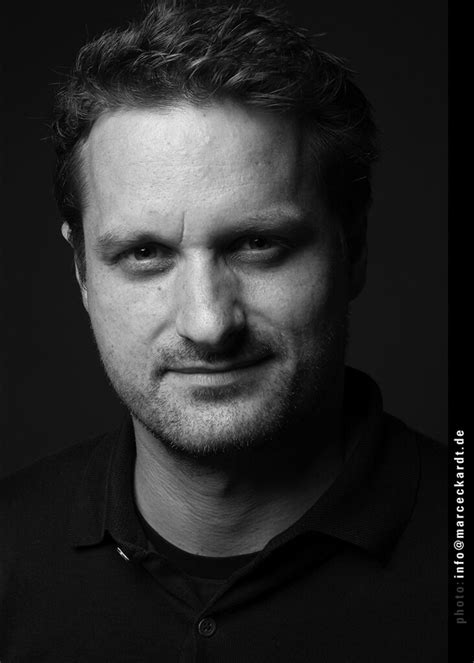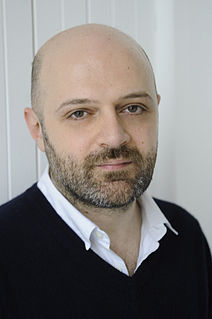A Quote by Jan Chipchase
It will be interesting to see if Seoul's urban vocabulary of numerous, ever-present interactive screens will translate to other cities such as Beijing, London, and New York. It will also be intriguing to see if smaller cities and towns adopt aspects of Seoul's screen culture throughout Asia, Europe, and North America.
Related Quotes
If we - particularly, if we peremptorily attack North Korea - that without deliberation, that North Korea will reflexively unleash all the rocketry and artillery - which they're pretty good at, by the way - on Seoul, and do as they vowed many times, to convert Seoul into a sea of fire. So, if we do something like this, this will have cataclysmic results.
From space, astronauts can see people making love as a tiny speck of light. Not light, exactly, but a glow that could be confused for light - a coital radiance that takes generations to pour like honey through the darkness to the astronaut's eyes. In about one and a half centuries - after the lovers who made the glow will have long since been laid permanently on their backs - the metropolitan cities will be seen from space. They will glow all year. Smaller cities will also be seen, but with great difficulty. Towns will be virtually impossible to spot. Individual couples invisible.
Istanbul is one of the most incredible cities in the world, and a must - see as much as London, Paris, or New York. It's the past, present, and future, and a city where you never know what will happen from one minute to the next. It's also a melting pot of so many cultures from that region which is so often homogenized by the nation-state.
By 2040, the Sahara will be moving into Europe and Berlin will be as hot as Baghdad. Atlanta will end up a kudzu jungle. Phoenix will become uninhabitable, as will parts of Beijing (desert), Miami (rising seas) and London (floods). Food shortages will drive millions of people north, raising political tensions.
In years to come cities will stretch out horizontally and will be non-urban (Los Angeles). After that, they will bury themselves in the ground and will no longer have names. Everything will become infrastructure bathed in artificial light and energy. The brilliant superstructure, the crazy verticality will have disappeared. New York is the final fling of this baroque verticality, this centrifugal excentricity, before the horizontal dismantling arrives, and the subterranean implosion that will follow.
By 2050, seven out of ten people will live in cities, which will account for six billion people living in urban areas. That phenomenon is central to all the challenges humanity faces. If there is an issue to be addressed, then it is certainly happening in cities and therefore must be considered on an urban scale.
Rising sea levels will result in tens to hundreds of millions more people flooded each year with a warming of 3 or 4°C. There will be serious risks and increasing pressures for coastal protection in South East Asia (Bangladesh and Vietnam), small islands in the Caribbean and the Pacific, and large coastal cities, such as Tokyo, Shanghai, Hong Kong, Mumbai, Calcutta, Karachi, Buenos Aires, St. Petersburg, New York, Miami and London.
Abandoned by the existing political system, young people in Oakland, California, New York City, Quebec and numerous other cities throughout the globe have placed their bodies on the line, protesting peacefully while trying to produce a new language, politics, imagine long-term institutions, and support notions of community that manifest the values of equality and mutual respect that they see missing in a world that is structured by neoliberal principles.



































